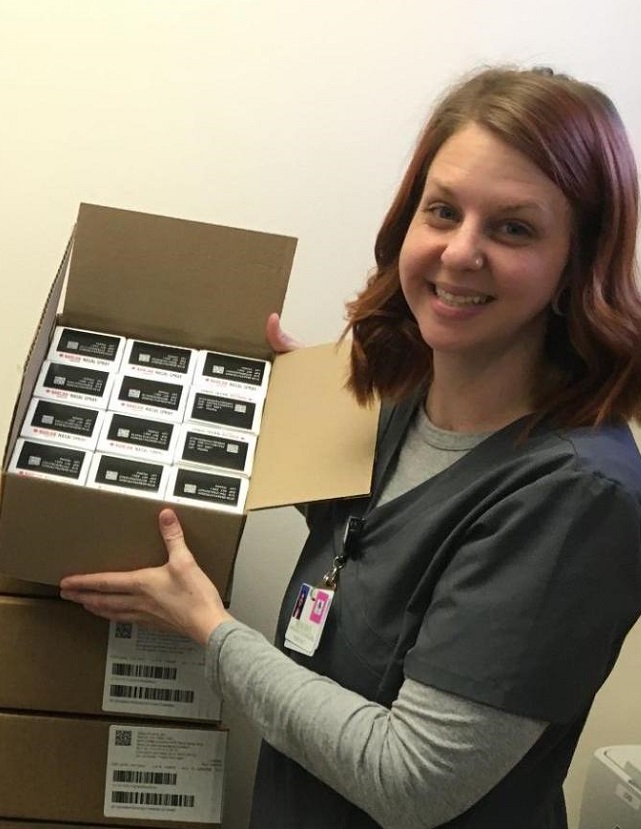Highlights

Antelope Valley Hospital’s emergency room is on the cutting edge of a new effort to provide 24/7 addiction services to anyone seeking treatment for substance use disorder, thanks to support from PHI's CA Bridge.
10 a day Patients served by Substance Use Navigators on average
3K Patients served by the program in total as of Spring 2022
-
Focus Areas
Alcohol, Tobacco, Drugs & Mental Health, Health Care & Population Health -
Strategic Initiatives
Opioids
The overdose crisis is hiding in plain sight in northern Los Angeles, yet the area lacks community resources to address the problem. Antelope Valley Hospital’s emergency room is one of the few places people can always turn to for help. The hospital is on the cutting edge of a new effort to provide 24/7 addiction services to anyone seeking treatment for substance use disorder. There is clearly a need: the hospital’s navigators, Austin Haberman and Hoyoung Curiel-Moon, serve on average ten patients a day. The navigators have seen close to 3,000 patients, identifying 720 with an opioid use disorder and starting 300 on medical treatment for their addiction.
Community Impact of Naloxone Distribution
Even more people in the community have benefited from the hospital’s partnership with the California Department of Health Care Services’ Naloxone Distribution Project. Navigators Haberman and Curiel-Moon say that reversing overdoses through naloxone distribution has been their most significant success, potentially saving thousands of lives. The hospital has ordered 4,908 naloxone kits to distribute throughout the community in a substantial effort to reverse overdoses.
A Leader in Addressing California’s Overdose Crisis
Kelly Pfeifer, MD, Deputy Director for Behavioral Health at the California Department of Health Care Services, says of Antelope Valley Hospital, “This is a tremendous example of how a local hospital can make a difference. The overdose crisis is a high priority for our Department, but our success depends on this kind of initiative from our local partners.”
![Kelly Pfeifer, MD [headshot]](https://www.phi.org/wp-content/uploads/2022/05/Kelly-Pfeifer-MD.png)
This is a tremendous example of how a local hospital can make a difference. The overdose crisis is a high priority for our Department, but our success depends on this kind of initiative from our local partners.Kelly Pfeifer, MD
Deputy Director for Behavioral Health at the California Department of Health Care Services
Antelope Valley Hospital is proving to be a leader in California’s efforts to make addiction treatment in hospital emergency rooms the norm, not the exception. More California hospitals are likely to follow, with funding released in Spring of 2022 to support medication for addiction treatment and navigators in emergency rooms statewide.
This impact story first appeared on the CA Bridge site.
Work With Us
You change the world. We do the rest. Explore fiscal sponsorship at PHI.
Support Us
Together, we can accelerate our response to public health’s most critical issues.
Find Employment
Begin your career at the Public Health Institute.
